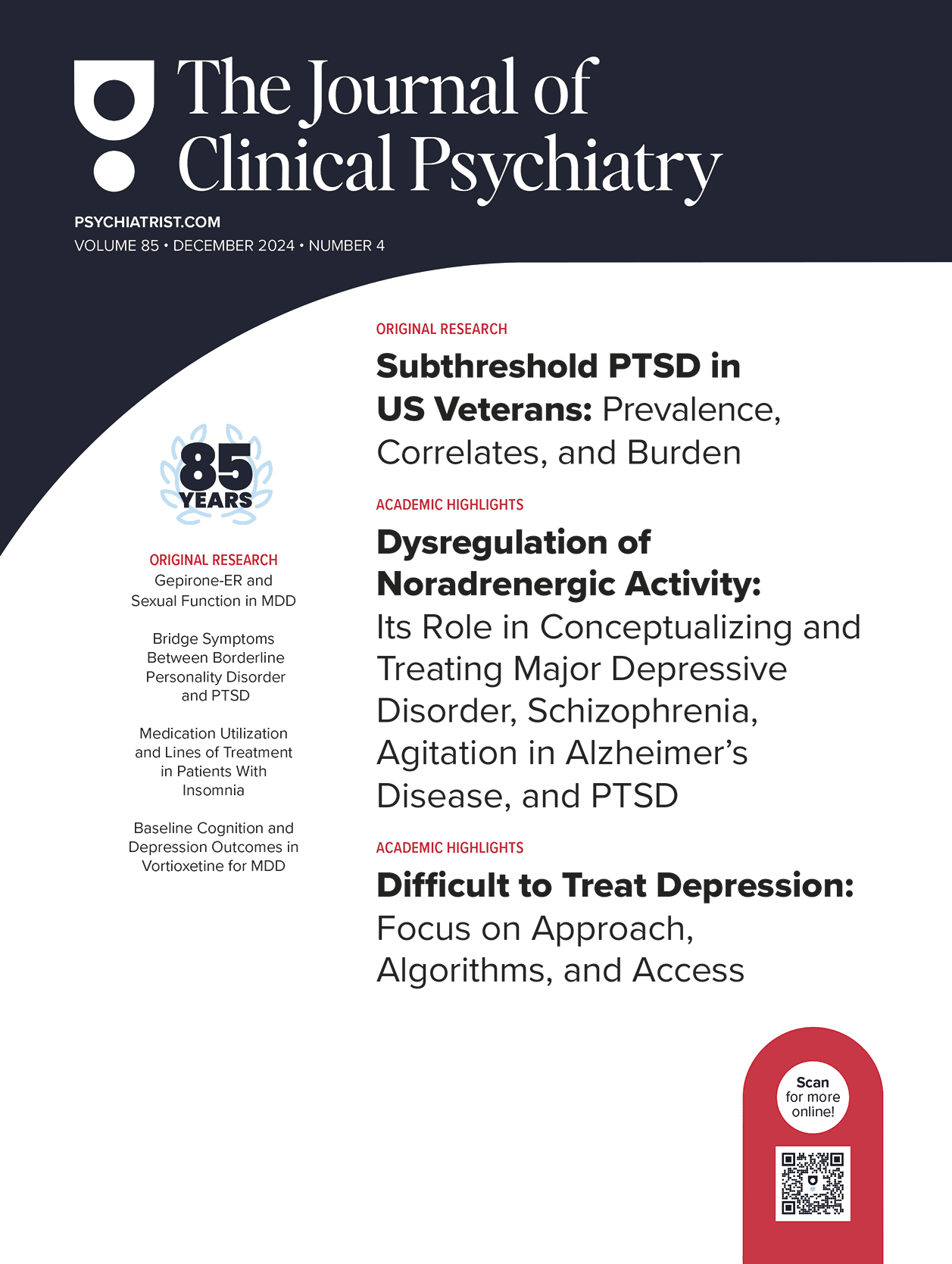Objective: Little is known about the relationship between cigarette smoking and long-term outcomes for substance use disorder (SUD). The current study examined the association between smoking and SUD relapse among adults with remitted SUDs.
Methods: Analyses were conducted on respondents who completed Waves 1 and 2 of the National Epidemiologic Survey on Alcohol and Related Conditions and met DSM-IV criteria for substance abuse and dependence prior to but not during the year before the Wave 1 interview (n = 5,515). Relationships between smoking status (Wave 2 smoking vs nonsmoking among Wave 1 smokers; Wave 2 smoking vs nonsmoking among Wave 1 nonsmokers) and Wave 2 substance use and SUD relapse were examined using logistic regression analyses. Analyses were adjusted for demographics, psychiatric and alcohol use disorders, nicotine dependence, and SUD severity.
Results: In the fully adjusted models, continued smoking at Wave 2 among Wave 1 smokers was associated with significantly greater odds of substance use (OR = 1.56, 95% CI, 1.10-2.20) and SUD relapse (OR = 2.02, 95% CI, 1.65-2.47) compared to Wave 2 nonsmoking. In the fully adjusted model, smoking at Wave 2 among Wave 1 nonsmokers was associated with significantly greater odds of SUD relapse compared to Wave 2 nonsmoking (OR = 4.86, 95% CI, 3.11-7.58).
Conclusions: Continued smoking among smokers and smoking initiation among nonsmokers were associated with greater odds of SUD relapse. More research is needed to examine the timing of SUD relapse in relation to smoking behaviors. Incorporating smoking cessation and prevention efforts into substance abuse treatment may improve long-term substance use outcomes for adult smokers with SUDs.
Please sign in or purchase this PDF for $40.00.
Save
Cite




